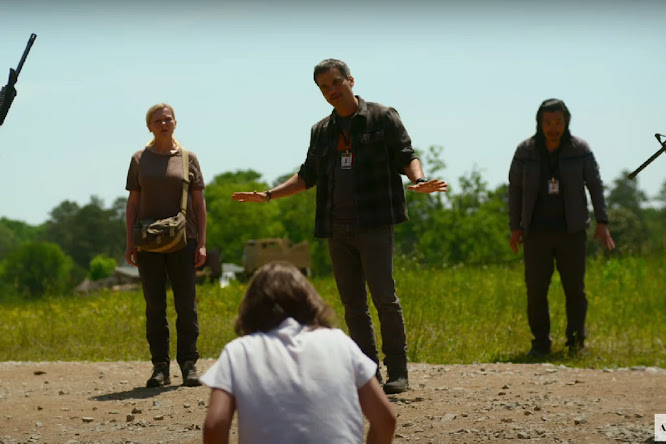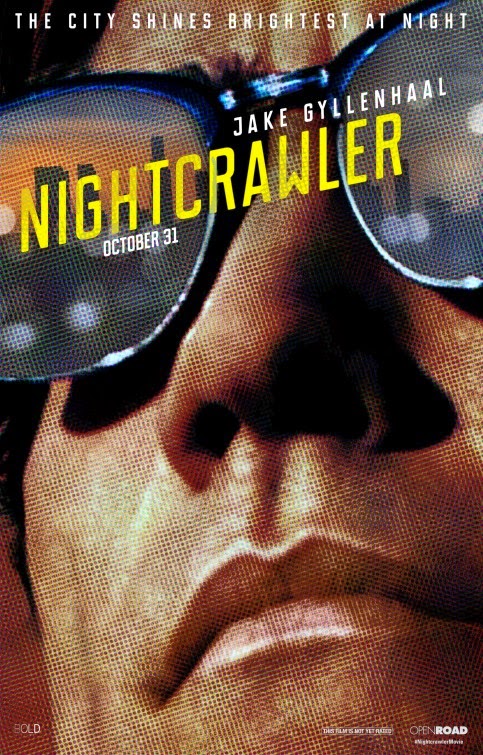 |
| The poignant poster for Carlos Saura's Cría Cuervos |
QUICK REVIEW:
Ana is a girl who lives in Madrid during Franco's dictatorship with her general father, her depressed housewife mother and her two siblings. Ana witnesses her mother's death struggle and tries to poison her father. The grown-ups spare their children nothing, which vitiates them. Ana sees her mother everywhere.
This fateful portrayal of a family is an outstanding, tragic film, which can be viewed literally, as Ana's story; symbolically, as a Freudian mother-nightmare, (SPOILER Ana even recounts her story in her late mother's figure); or metaphorically/politically, as an inventory of Spain in the Franco-years.
English-born pop-singer Jeanette's Porque te Vas plays as a musical motif in this pretty advanced yet accessible film, which came out to acclaim and popularity the year after Franco's death.
It is directed by great Spanish director Carlos Saura (Peppermint Frappé (1967)), who had fathered a son with Geraldine Chaplin (The Impossible/Lo Imposible (2012)), who plays Ana's mother, at the time of Cría Cuervos. The title means 'raise ravens' and comes from the Spanish proverb, 'Raise ravens, and they'll take out your eyes.'
Saura has offered his perspective on this psychological family-themed drama with these words:
"Cria Cuervos is a sad film, yes. But that's part of my belief that childhood is one of the most terrible parts in the life of a human being. What I'm trying to say is that at that age you've no idea where it is you are going, only that people are taking you somewhere, leading you, pulling you and you are frightened. You don't know where you're going or who you are or what you are going to do. It's a time of terrible indecision."
Cost: Unknown
Box office: Unknown
= Unknown, although admissions and reports make me count it as a box office success
[Cría Cuervos was the 6th highest grossing Spanish film in 1976, Saura's biggest hit up to that point. It won a Special Jury Prize at Cannes, was Golden Globe-nominated as Best Foreign Film and drew 1.2 mil. and 1.5 mil. admissions in Spain and France, respectively. It was also, reportedly, a hit in other foreign markets including the States, which solidified Saura's status as the best known Spanish director internationally. Cría Cuervos was also Spain's entry for the Best Foreign Film Oscar, but did not receive a nomination.]
What do you think of Cría Cuervos?
Other Saura-films that are worth looking for?































